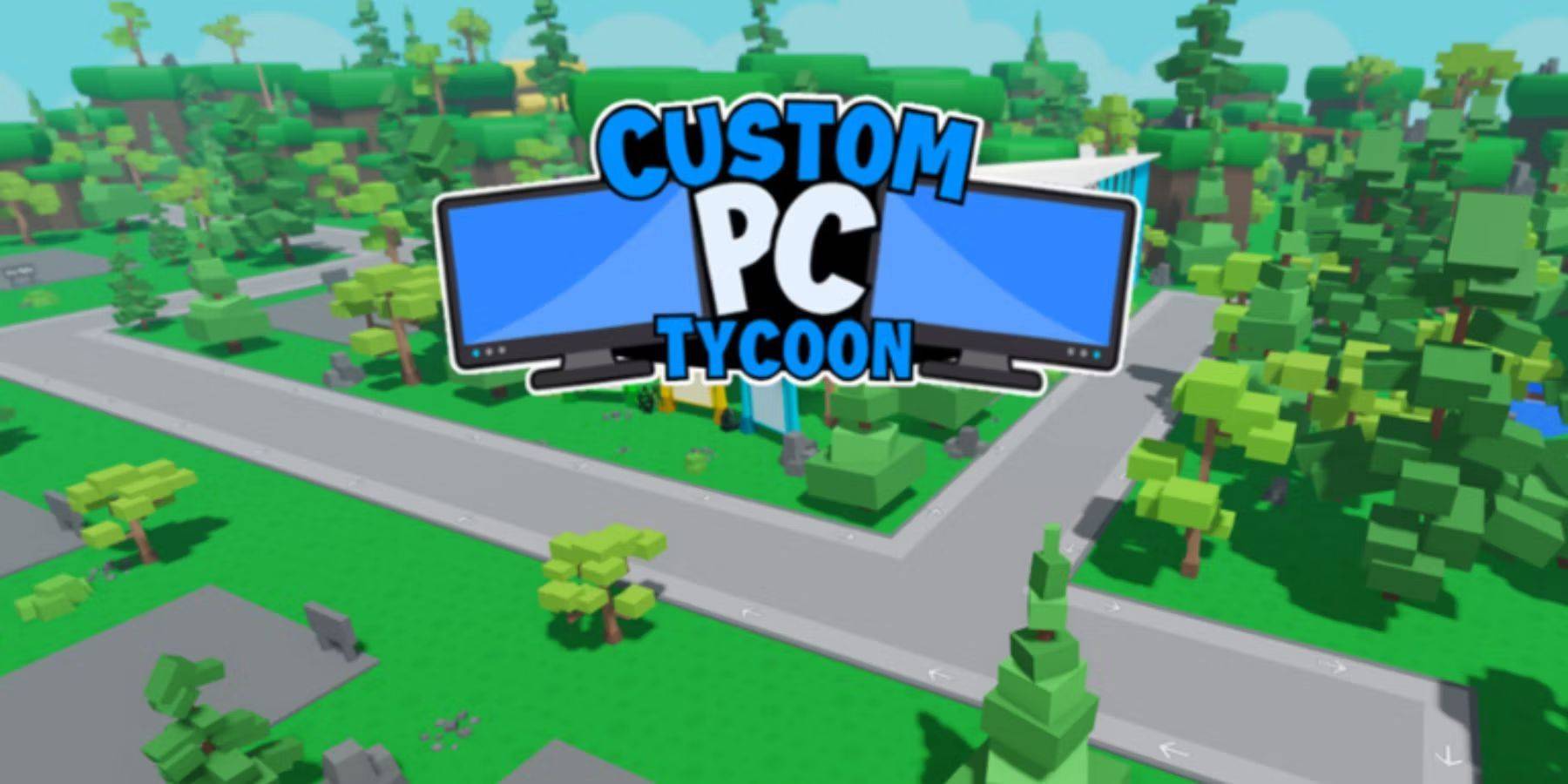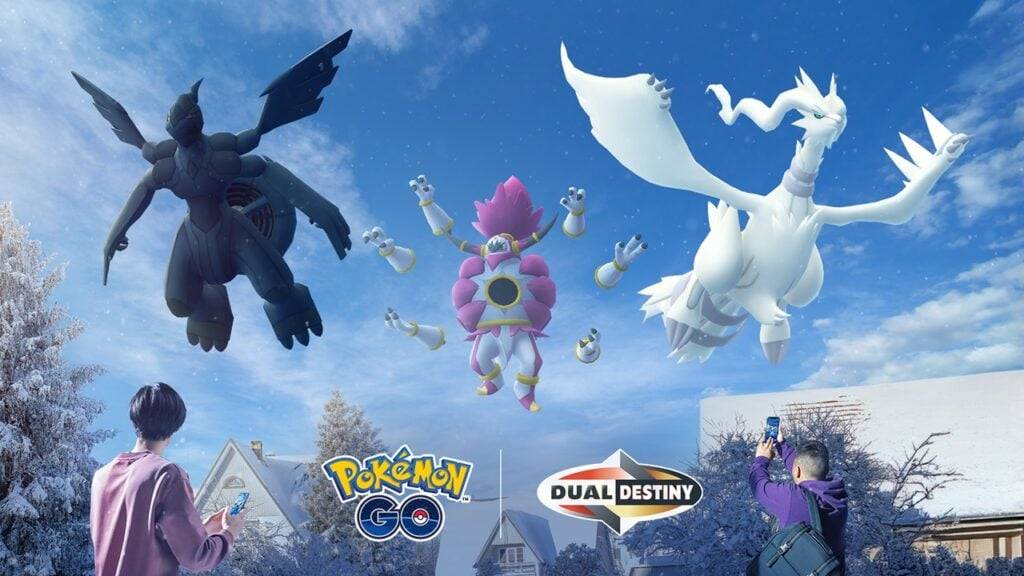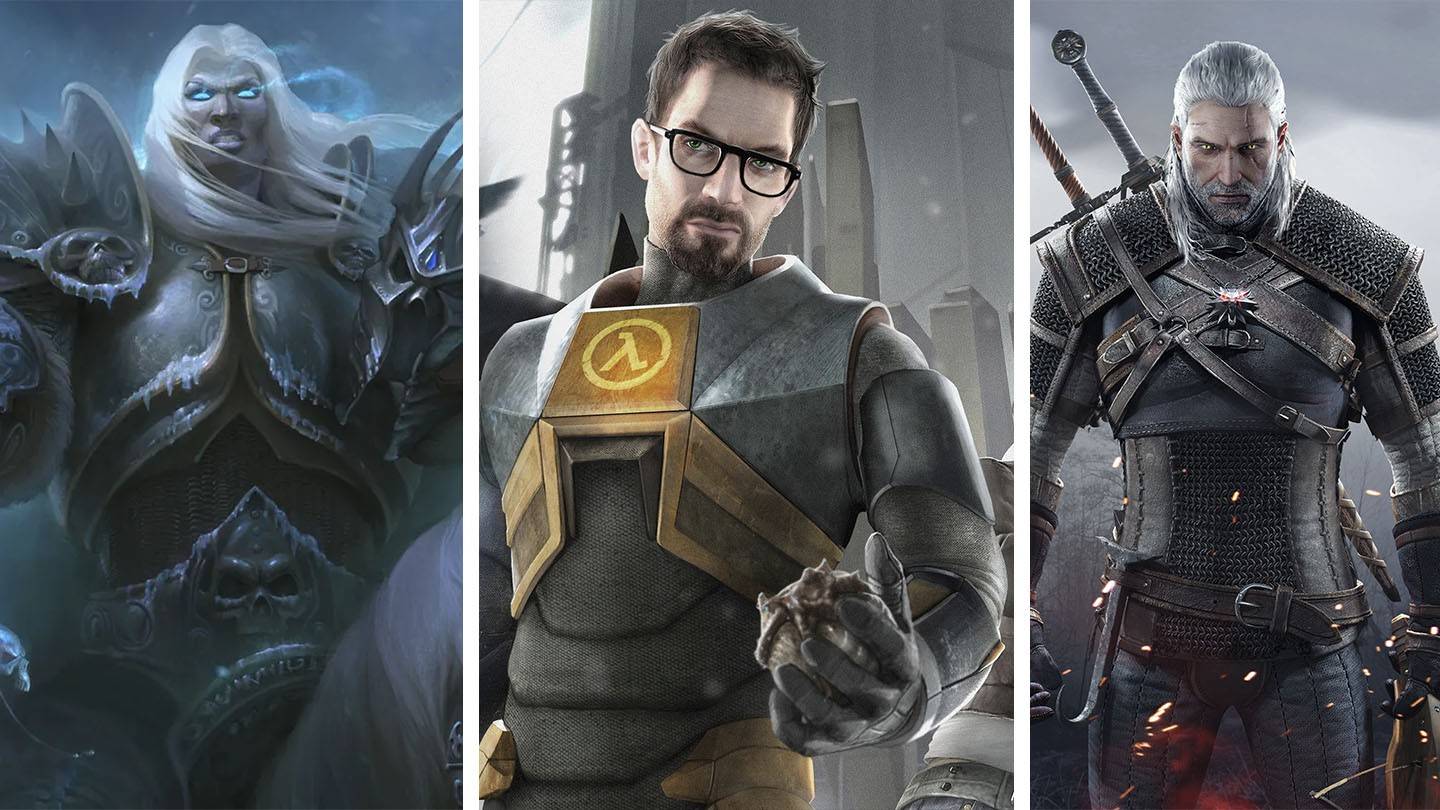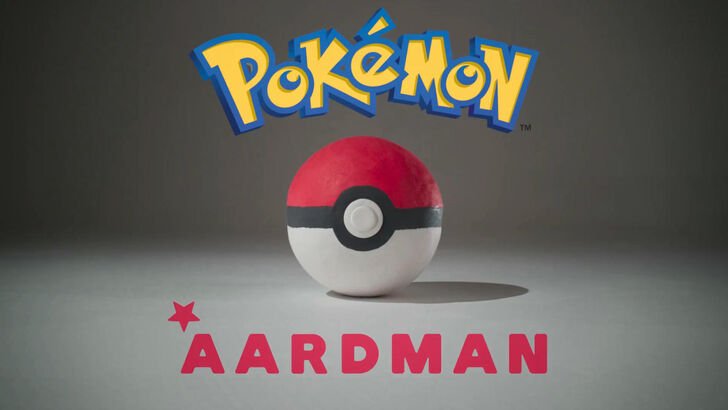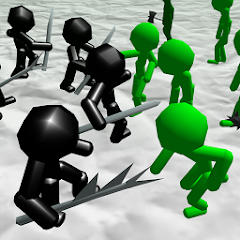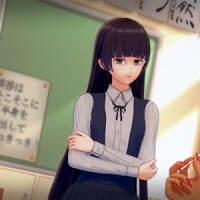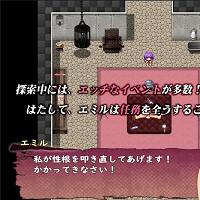The patent infringement lawsuit filed by Nintendo and The Pokémon Company in Japan against Pocketpair's open-world survival game Palworld is still proceeding. A recent development shows that Nintendo has revised the wording of one of the patents involved. What prompted this unusual step?
Palworld is an open-world survival game that saw a meteoric rise in popularity following its early access release on Steam and Xbox on January 19, 2024. It sold eight million copies in under a week and amassed over 25 million players within a month.
The game's world is populated by creatures known as Pals, which players can capture and utilize—or exploit—to perform various tasks. The visual design of the Pals and the method of capturing them using a thrown ball (the Pal Sphere) quickly led to comparisons with Pokémon. The game even earned the nickname "Pokémon with guns" due to its darker, humor-infused approach to the creature-collecting genre. Following Palworld's explosive popularity, it wasn't long before Nintendo's rival Sony partnered with Pocketpair to establish Palworld Entertainment in June 2024, a new venture aimed at expanding the intellectual property.
Nintendo and The Pokémon Company had previously indicated they were monitoring Palworld's progress—for instance, through an official statement released by The Pokémon Company in January 2024. However, it wasn't until September 2024 that they formally announced a lawsuit in Japan against Pocketpair for alleged patent infringement.
The lawsuit centers on three patents granted by the Japan Patent Office (JPO): two covering monster capture and release, and one related to riding characters. All three patents were filed in 2024, after Palworld's release, but are derived from earlier Nintendo patents dating back to 2021. This suggests that after Palworld's debut, Nintendo filed divisional patents tailored to counter what it perceived as infringement of its original intellectual property.
Since then, Pocketpair has adjusted some of the contested mechanics in Palworld. A November 2024 update removed the ability to summon Pals by throwing Pal Spheres resembling Poké Balls; now, Pals simply appear beside the player when summoned. In May, another update changed the gliding mechanic—players no longer directly grab onto Glider Pals, but instead use glider equipment enhanced by Pals.
It is important to note that these changes do not indicate an admission of guilt. As Japanese patent attorney Kiyoshi Kurihara explained in a recent Yahoo Japan news article, Pocketpair is following a standard three-part defense strategy in patent litigation: deny infringement, contest the validity of the patents, and implement design changes to avoid infringement. Kurihara also noted that Nintendo does not necessarily hold the upper hand, as both sides are engaged in intense legal arguments over patent infringement and validity.
In summary, Nintendo’s patent covering riding mechanics—which was recently reworded—describes a system for mounting and controlling pre-selected "boardable characters" (tōjō kyarakuta). Japanese lawyer Ryo Arashida commented on X that the way Palworld's Glider Pals functioned before the May update could be seen as infringing part of the patent's specifications, particularly those describing the player grabbing onto and hanging from a boardable character and subsequently controlling its movement.
Before the May update, players could glide by holding onto the feet of a Glider Pal. After the update, however, gliding is performed using a piece of equipment—a Glider—while Pals provide passive stat boosts instead of being used directly.
Ironically, as Arashida observed, Nintendo's original argument for securing the patent was that a "boardable character" referred specifically to a character, not a tool such as a parachute. “Therefore,” he noted, “claiming in the lawsuit that a 'Glider'—which is a tool—qualifies as a 'boardable character' would create a contradiction.”
This month, Nintendo revised the wording of the riding and switching mechanics patent. Such revisions are legally permissible as long as they do not introduce new concepts or technical content. However, as IP consultant Florian Mueller noted on GamesFray, this typically occurs only when the patent holder (in this case, Nintendo) believes the patent is “at a fairly high risk of being invalidated in its original form.” Nintendo's rewording makes the patent more verbose. Mueller highlighted the addition of the phrase “even when” (-attemo in Japanese), pointing out that “even” is seldom used in patents because it is “too emphatic and subjective.”
While the exact motivation behind Nintendo's rewording remains unclear, it may be a final effort to strengthen the patent claims and reduce the likelihood of them being dismissed as invalid.
The legal battle continues. In the meantime, Pocketpair keeps updating Palworld with new content, including a recently launched crossover with Terraria.

 Latest Downloads
Latest Downloads
 Downlaod
Downlaod




 Top News
Top News